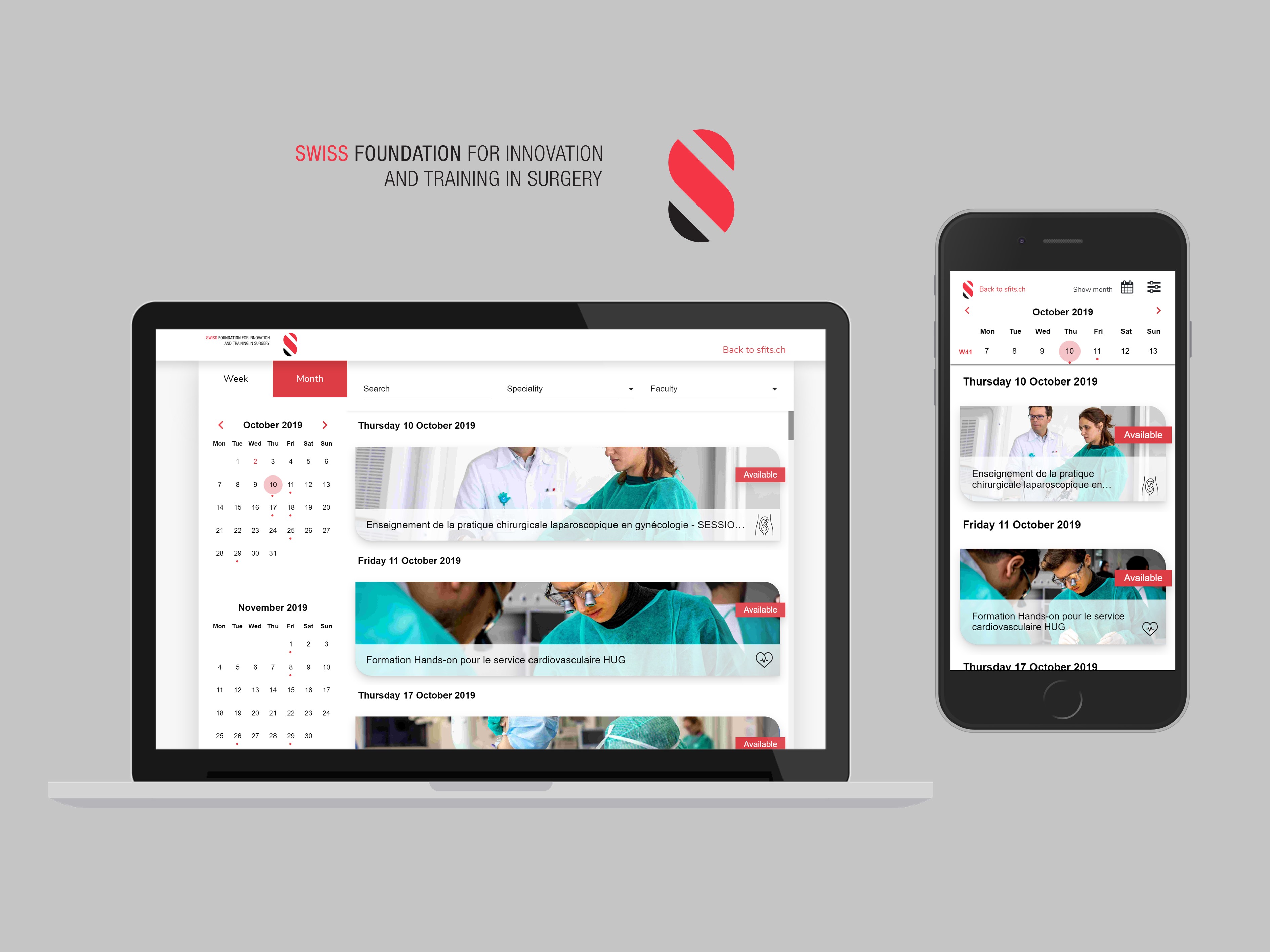Digital transformation is the mechanism put in place to integrate digital technologies into an enterprise. It requires fundamental evolutions not only technologically speaking, but also in terms of culture, operations and value creation. The accelerated expansion of new technologies in human activities, pushes companies to modernize themselves by deeply modifying processes and models.
Let's discover together some concrete examples of digitalization in the health sector.
Let's discover together some concrete examples of digitalization in the health sector.





